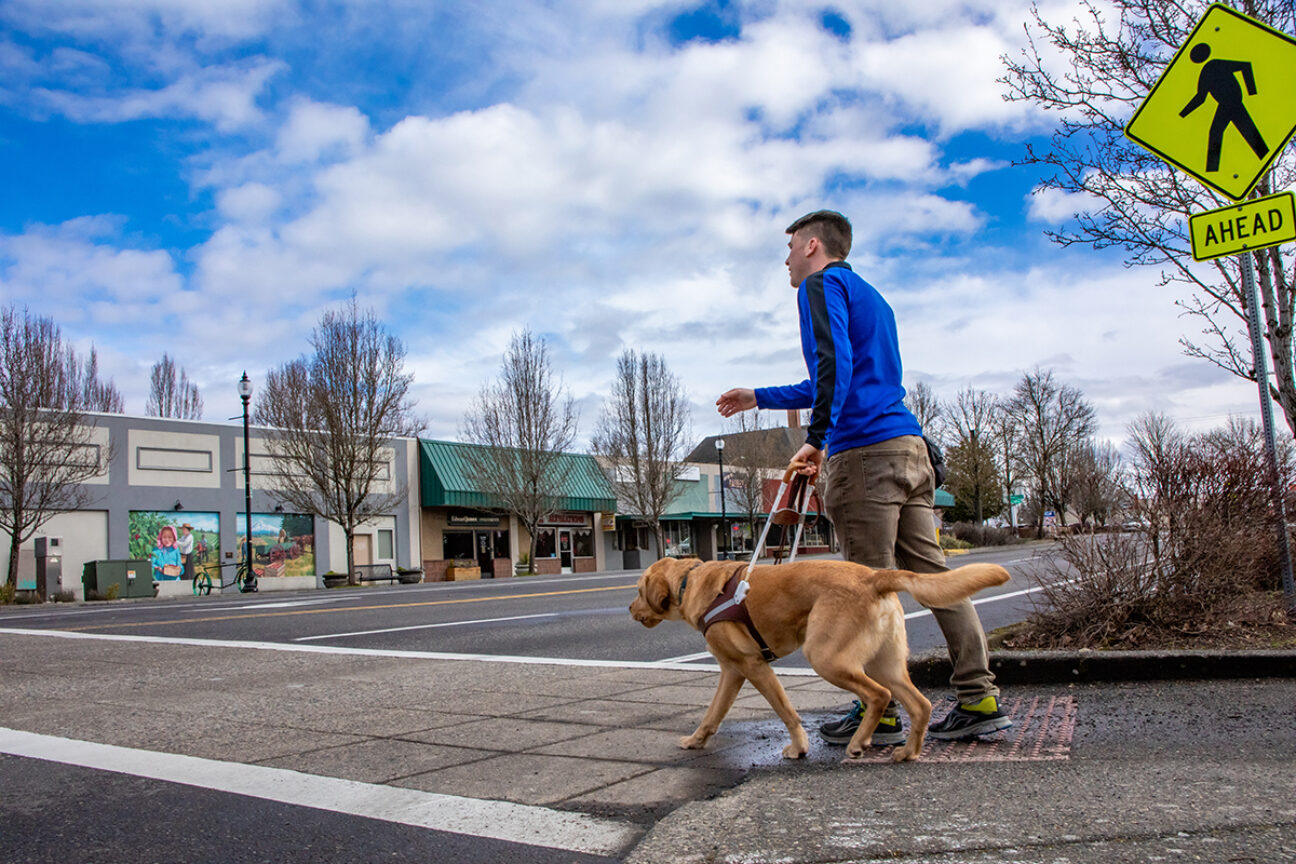Checking Out Alternatives for Dog Training Charlotte: What You Need to Know
Checking Out Alternatives for Dog Training Charlotte: What You Need to Know
Blog Article
Unlock Your Pet's Possible: Proven Pet Dog Training Approaches for Success
Effective dog training is a nuanced procedure that pivots on comprehending canine behavior and utilizing medically backed techniques. By integrating favorable reinforcement, developing clear commands, and focusing on socialization, pet proprietors can grow an effective partnership with their pets.
Understanding Pet Dog Habits
Recognizing pet dog habits is necessary for effective training and fostering a favorable relationship in between pet dogs and their proprietors. An extensive grasp of canine body language, vocalizations, and social interactions is essential for acknowledging their requirements and feelings. Pet dogs communicate mostly through non-verbal hints; for instance, a wagging tail might indicate exhilaration, while pinned ears can indicate concern or entry.
Moreover, ecological variables play a significant duty fit a pet's behavior. Modifications in routine, brand-new surroundings, or the existence of unknown people can bring about stress or stress and anxiety in pets. Identifying these triggers enables owners to mitigate unfavorable responses and establish appropriate training approaches.
Eventually, a deep understanding of pet dog behavior lays the structure for successful training approaches, enhancing both actions and the general bond in between the canine and its owner. Dog training. This understanding is important for cultivating a well-adjusted, delighted canine buddy
Positive Support Techniques
Reliable training relies greatly on positive support techniques, which have been shown to generate substantial cause forming desired actions in pets. This approach involves compensating a pet dog for displaying certain actions, therefore increasing the likelihood that these habits will be repeated. Rewards can take various kinds, including deals with, appreciation, playthings, or playtime, depending on what inspires the private pet dog.

It is vital to slowly terminate rewards as the pet dog learns the habits, transitioning to recurring reinforcement. This method keeps the behavior with time while avoiding dependence on constant benefits. By concentrating on favorable reinforcement, fitness instructors can grow a relying on relationship with their pet dogs, advertising a participating and healthy and balanced training environment that enhances general obedience and efficiency.
Developing Regular Commands
A basic aspect of successful pet dog training is the facility of regular commands. Uniformity in commands is crucial for efficient communication in between the instructor and the pet. When commands are consistent, dogs learn to associate particular words with preferred habits, which speeds up the training procedure and improves understanding.
To develop regular commands, it is essential that all relative use the same terminology and motions. For instance, if one individual makes use of "rest" while an additional says "sit down," it can create confusion for the dog. Select clear, distinctive words for commands and make certain every person entailed in the pet dog's training follows these options.
Reinforce commands via regular practice, ensuring that the pet dog receives enough chances to respond properly. When a canine efficiently adheres to a command, instant favorable reinforcement should comply with.
Lastly, be person. Establishing regular commands takes some time and effort. With commitment and clearness, you will assist your dog establish a solid understanding of expectations, inevitably resulting in a mannerly companion.
Socializing and Direct Exposure
Mingling a pet dog is essential for promoting a well-adjusted and confident friend. This process includes subjecting your dog to a variety of atmospheres, people, and various other pets to develop their social skills and flexibility. Early socializing, ideally between the ages of 3 to fourteen weeks, is crucial, as it prepares for a pet dog's future actions.
During socializing, aim to offer favorable experiences in various settings, such as parks, busy streets, and homes with various other pet dogs. Present your dog to numerous stimulations, including sounds, sights, and smells, making sure that each experience is rewarding. This exposure helps reduce worry and stress and anxiety, paving the way for a much more durable pet dog.
Involving in controlled group play sessions with various other pet dogs can likewise enhance social training a german shepherd puppy abilities, educating your family pet suitable interactions and boundaries. Prioritizing socializing will substantially contribute to your pet's general happiness and actions throughout their life.
Overcoming Common Training Obstacles

One more regular concern is disturbance. Dogs may struggle to focus in hectic or unknown settings. Gradually desensitize your dog to interruptions by starting training in a peaceful atmosphere and slowly introducing more stimuli as they become skilled (dog training charlotte nc). Positive reinforcement techniques, such as treats and praise, can keep inspiration and emphasis.
Additionally, behavior concerns like leaping or extreme barking can become frustrating. Address these by teaching different habits, such as sitting calmly when welcoming guests. Consistency and perseverance are vital; strengthen desired habits continually and prevent abuse, which can bring about complication.
Finally, acknowledge diabetic alert dogs that each dog is one-of-a-kind, and training timelines may vary. Dressmaker your method to your canine's individual needs, and look for specialist guidance if essential. With willpower and the ideal techniques, overcoming these difficulties can lead to a trained, happy canine companion.
Verdict
To conclude, opening a canine's potential requires a comprehensive strategy that includes an understanding of canine behavior, the application of favorable support methods, and the facility of consistent commands. Early socializing and direct exposure to diverse environments further improve a dog's versatility and self-confidence. By addressing typical training obstacles with tailored techniques and perseverance, a harmonious and cooperative relationship between pet dog and trainer can be fostered, eventually leading to a mannerly companion with the ability of prospering in various circumstances.
Reliable pet training is a nuanced process that hinges on comprehending canine habits and using medically backed strategies.Understanding canine habits is essential for effective training and promoting a positive connection in between pet dogs and their proprietors.Reliable training counts greatly on favorable support strategies, which have actually been revealed to yield significant results in shaping wanted behaviors in dogs. When commands are uniform, house training a dog dogs learn to associate specific words with desired actions, which increases the training procedure and boosts understanding.
In verdict, opening a pet dog's prospective requires a detailed technique that integrates an understanding of canine actions, the application of favorable support methods, and the establishment of consistent commands.
Report this page